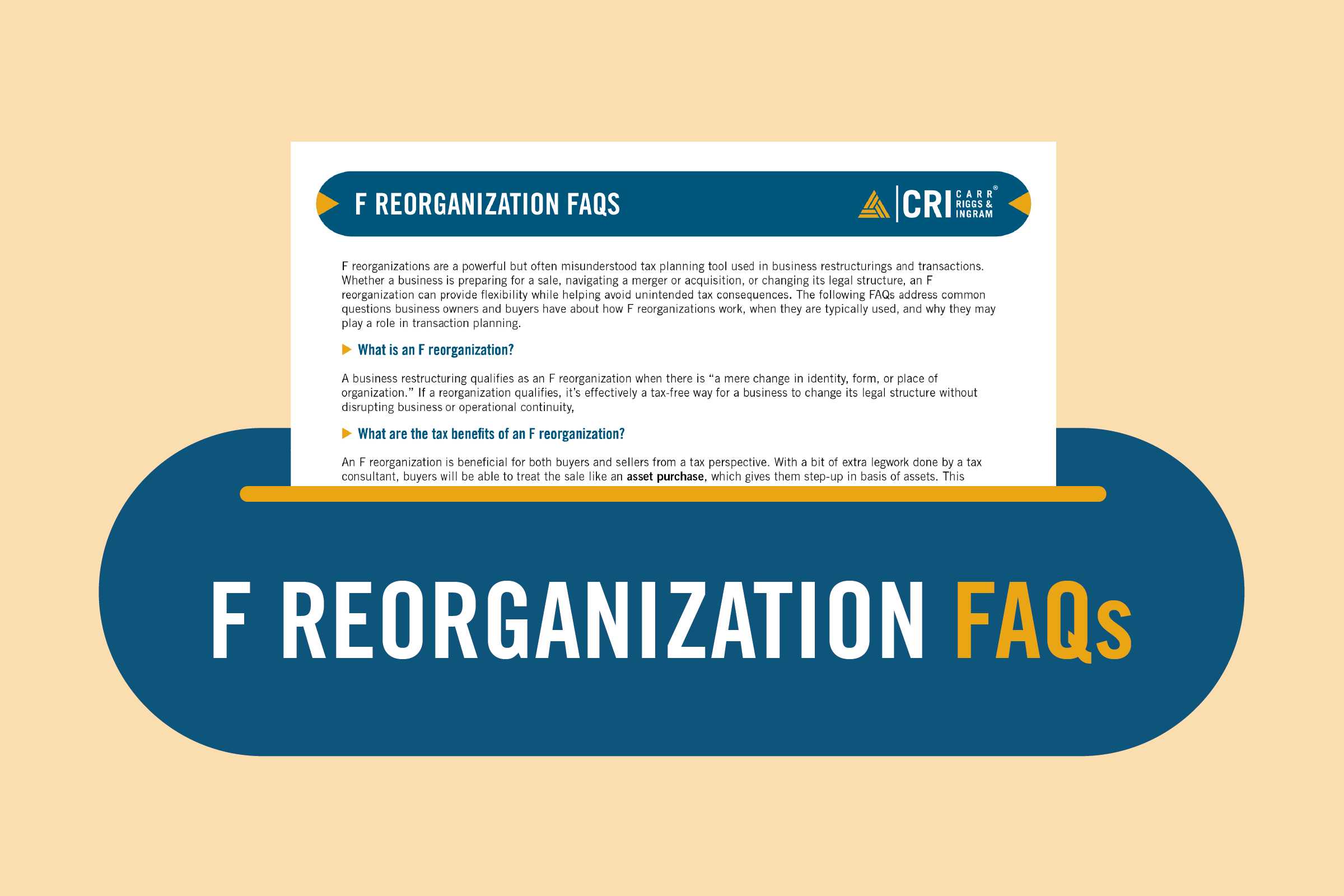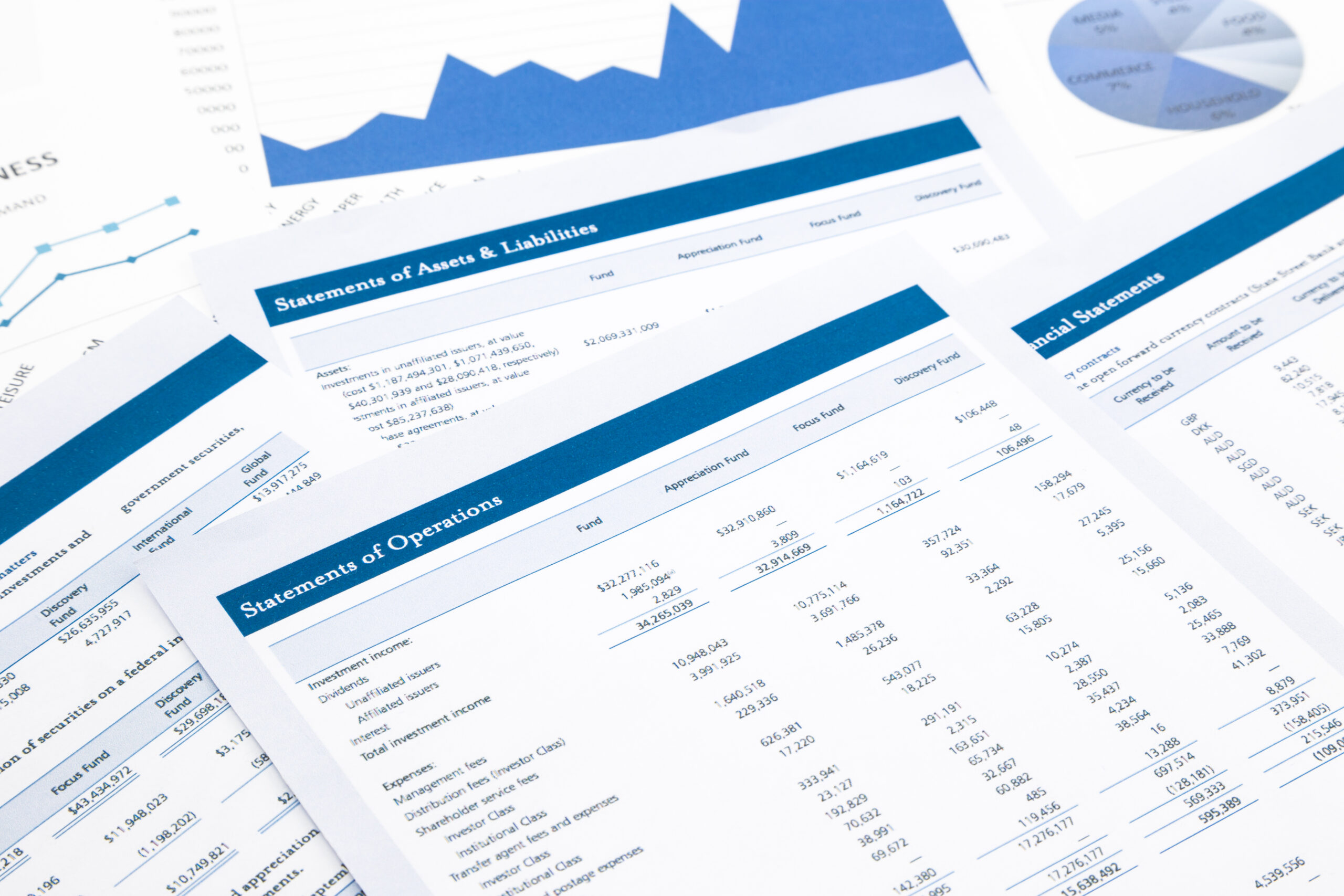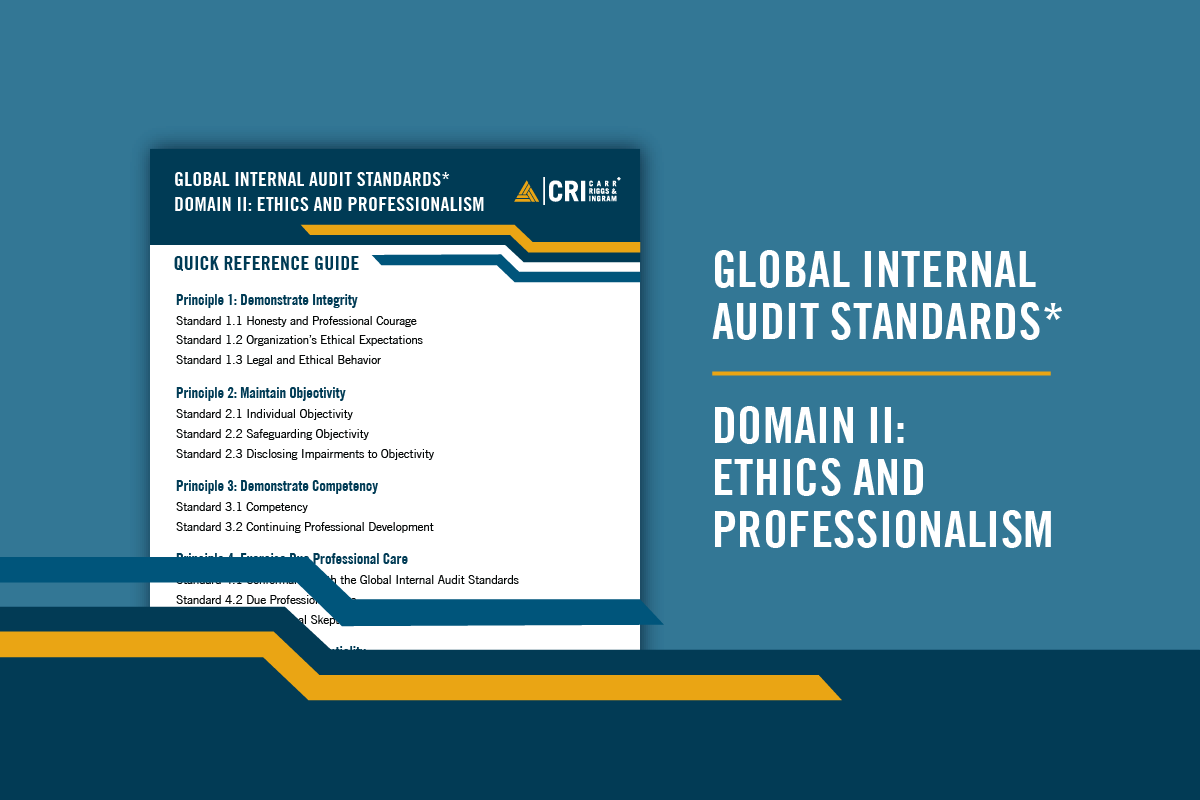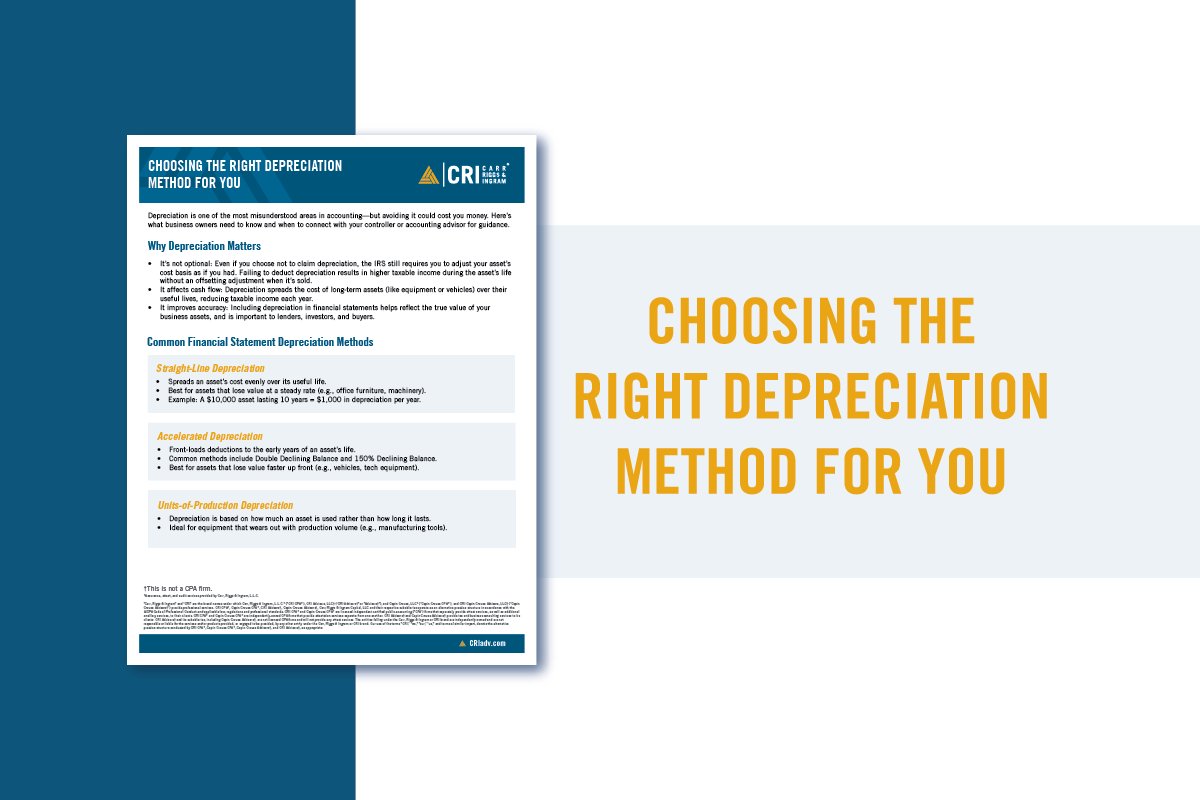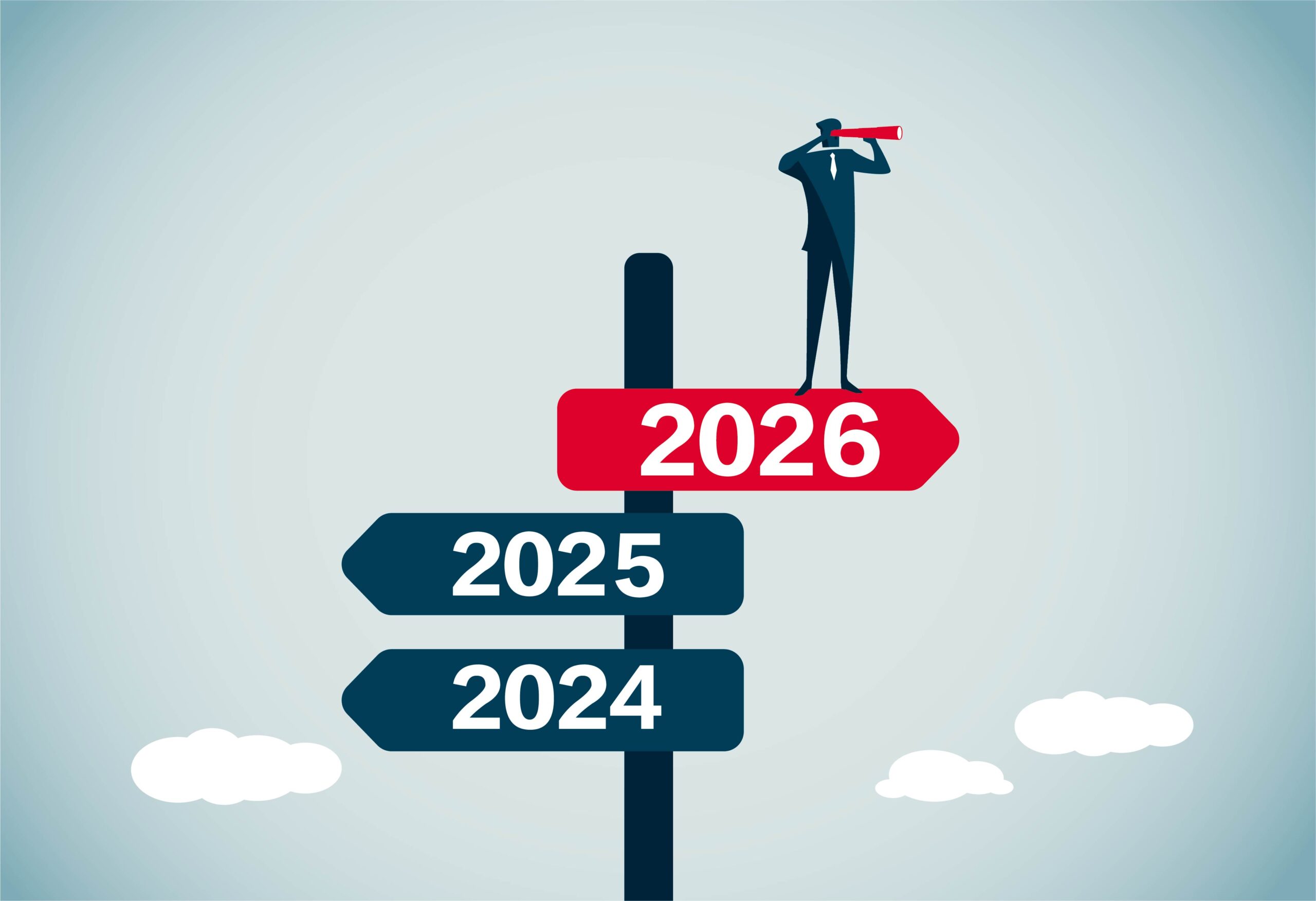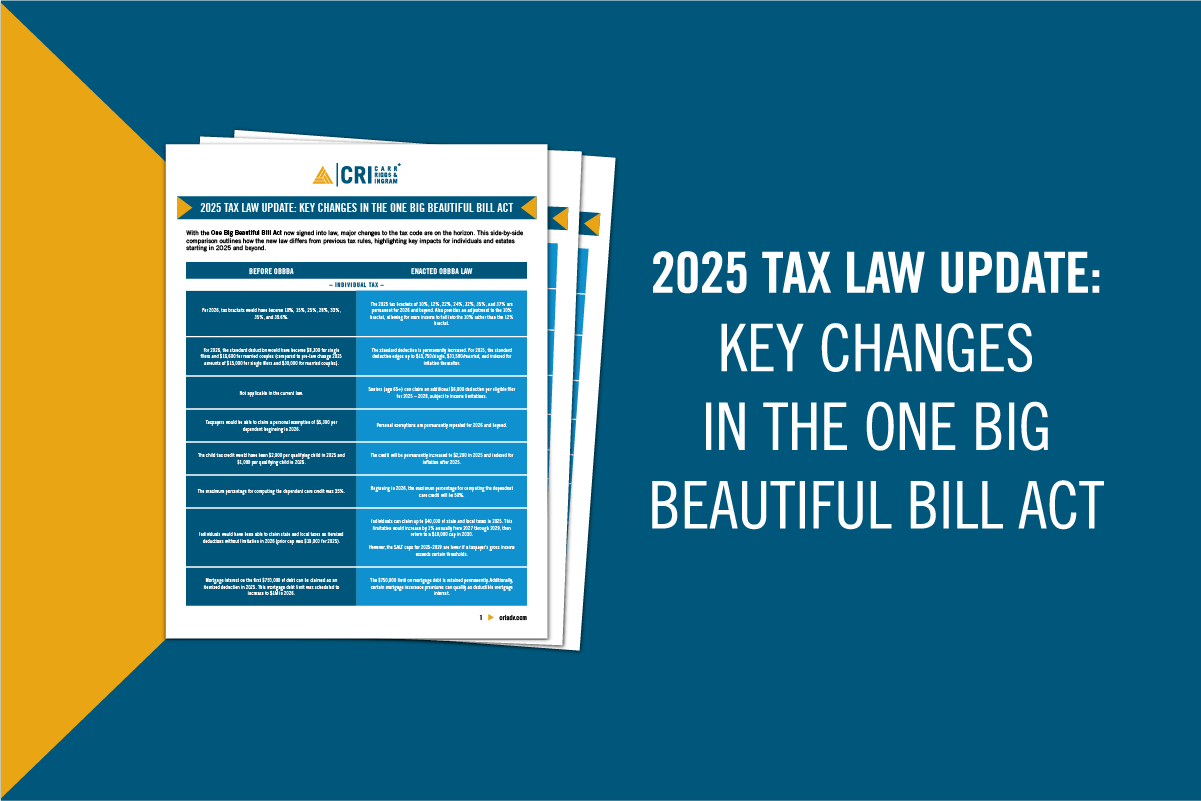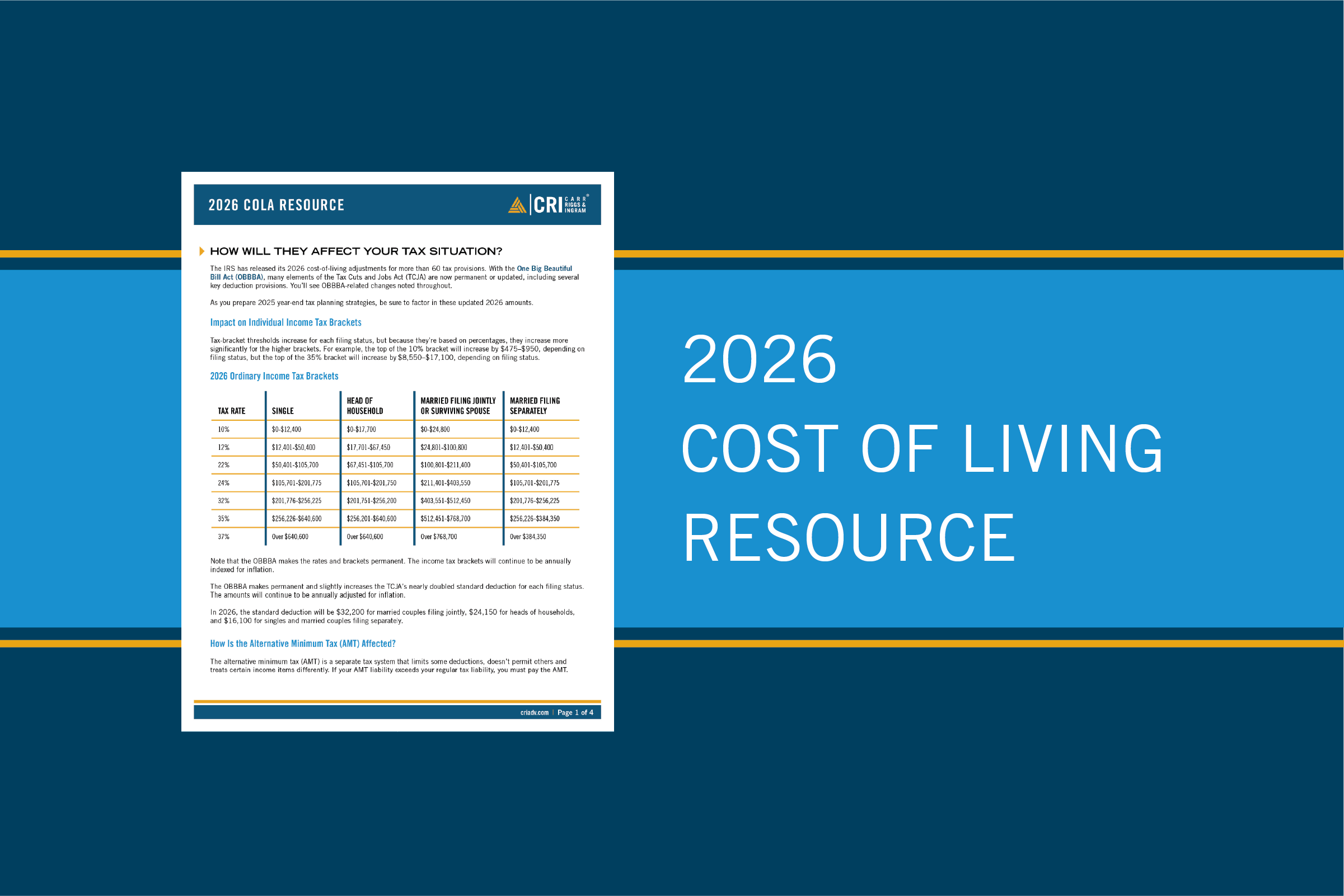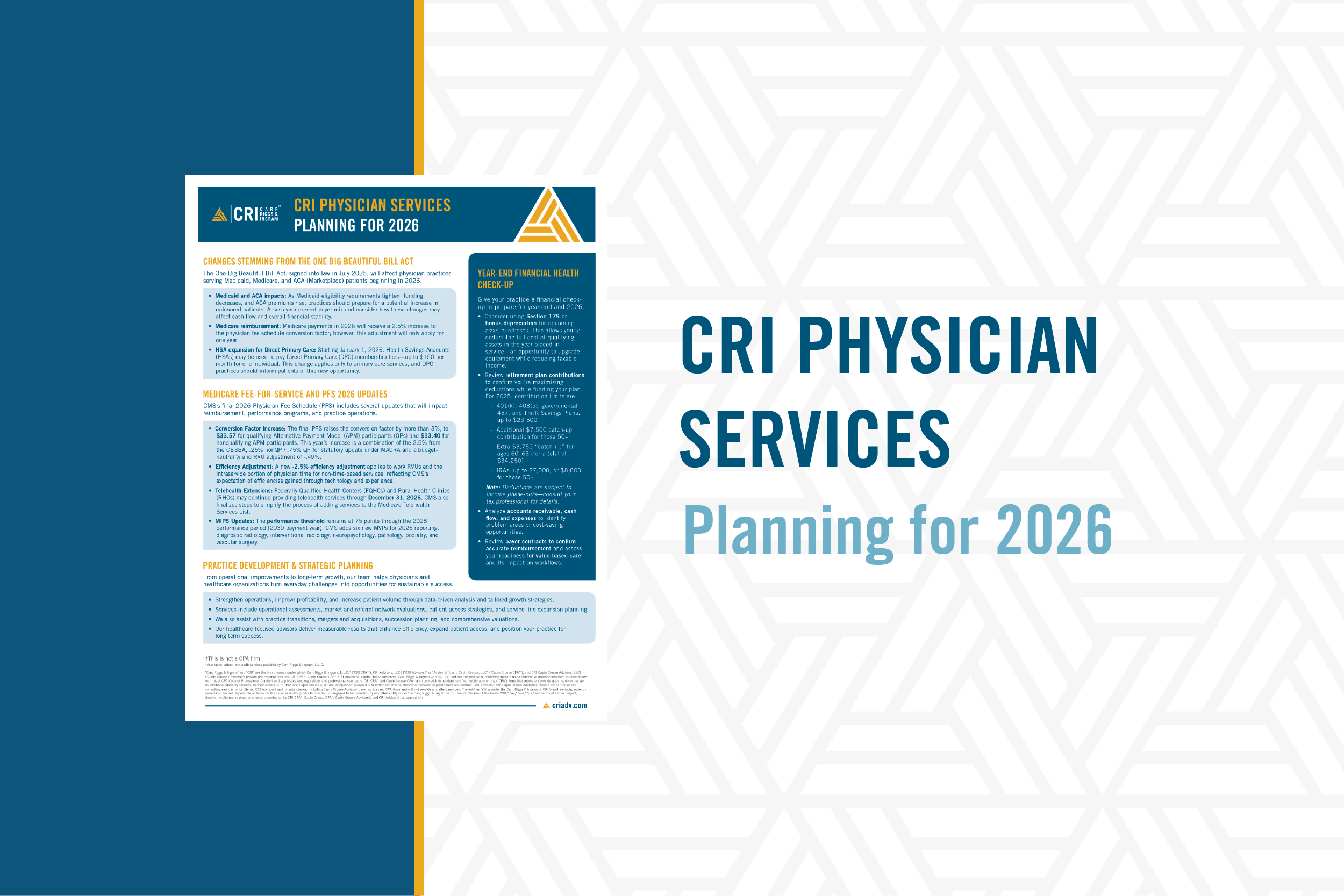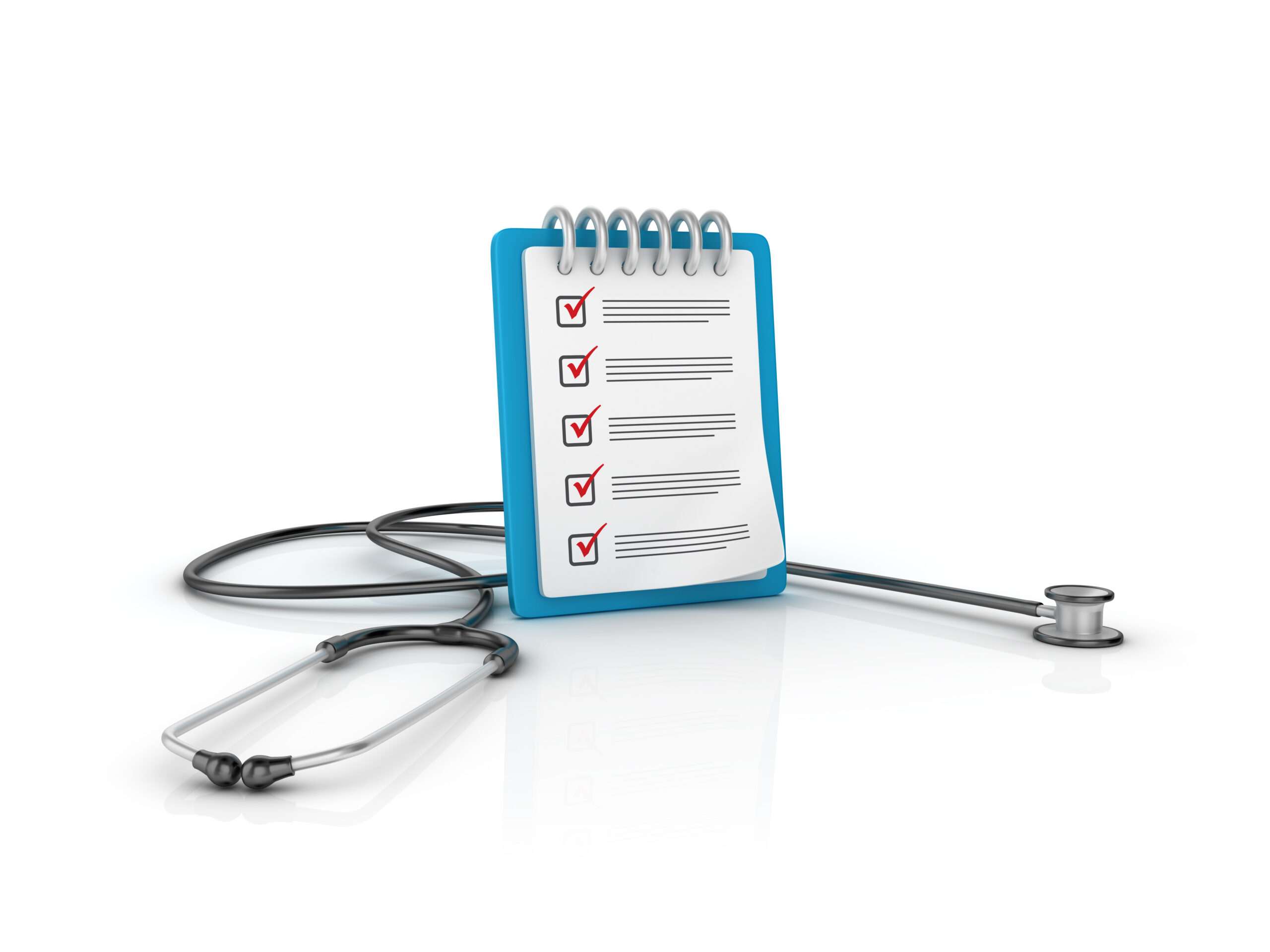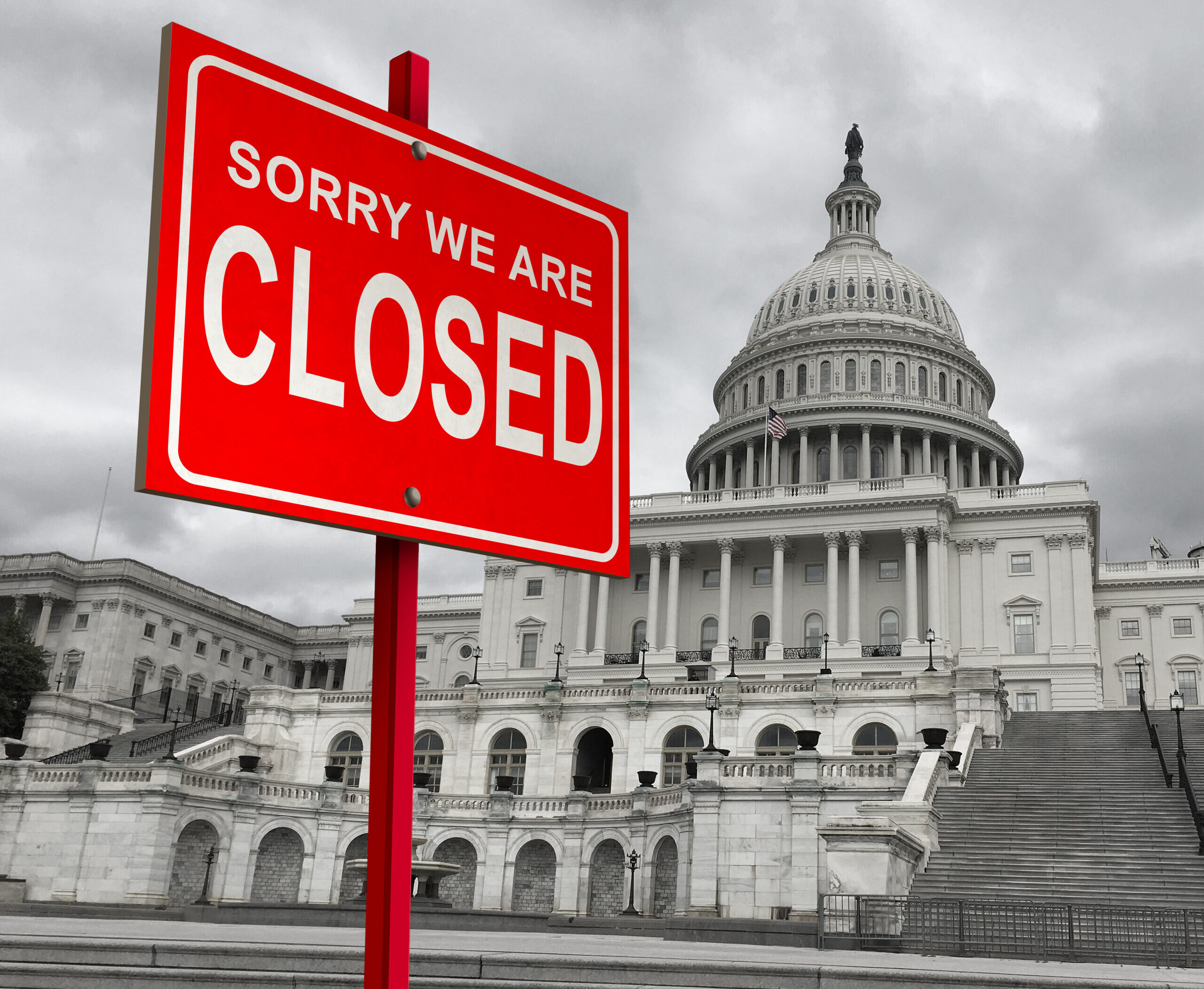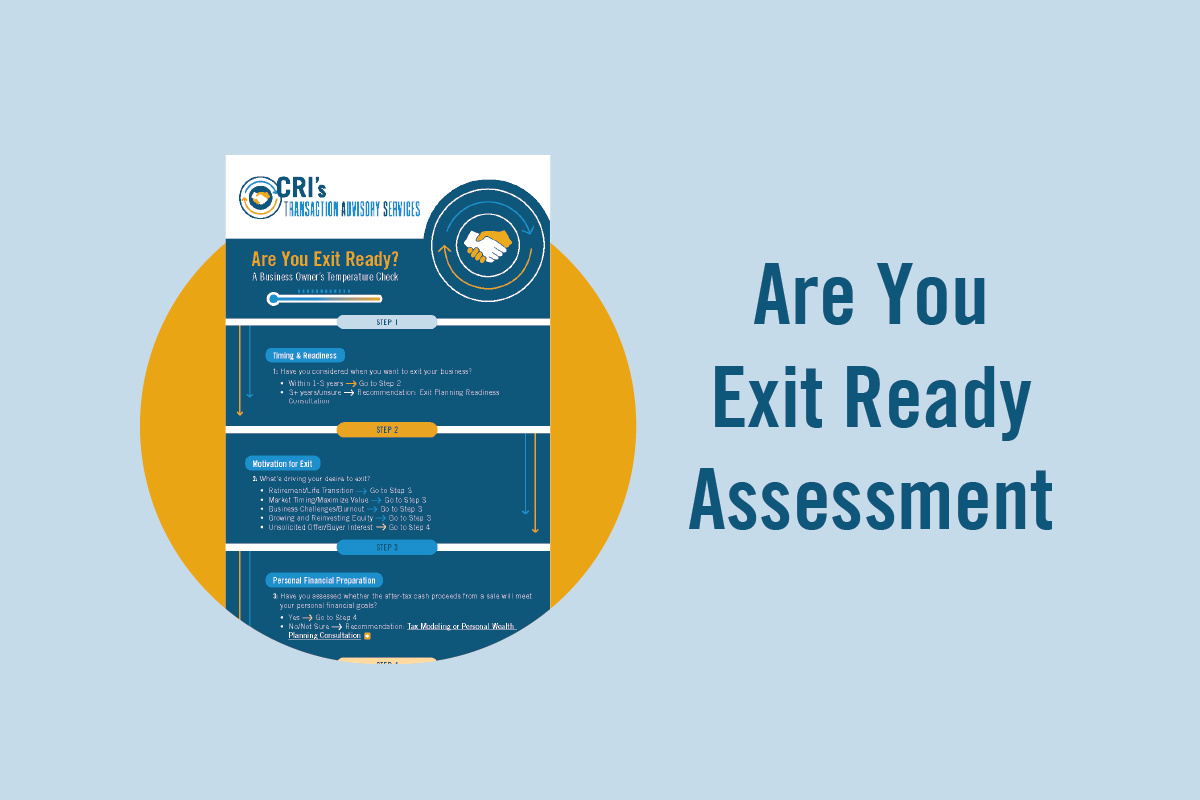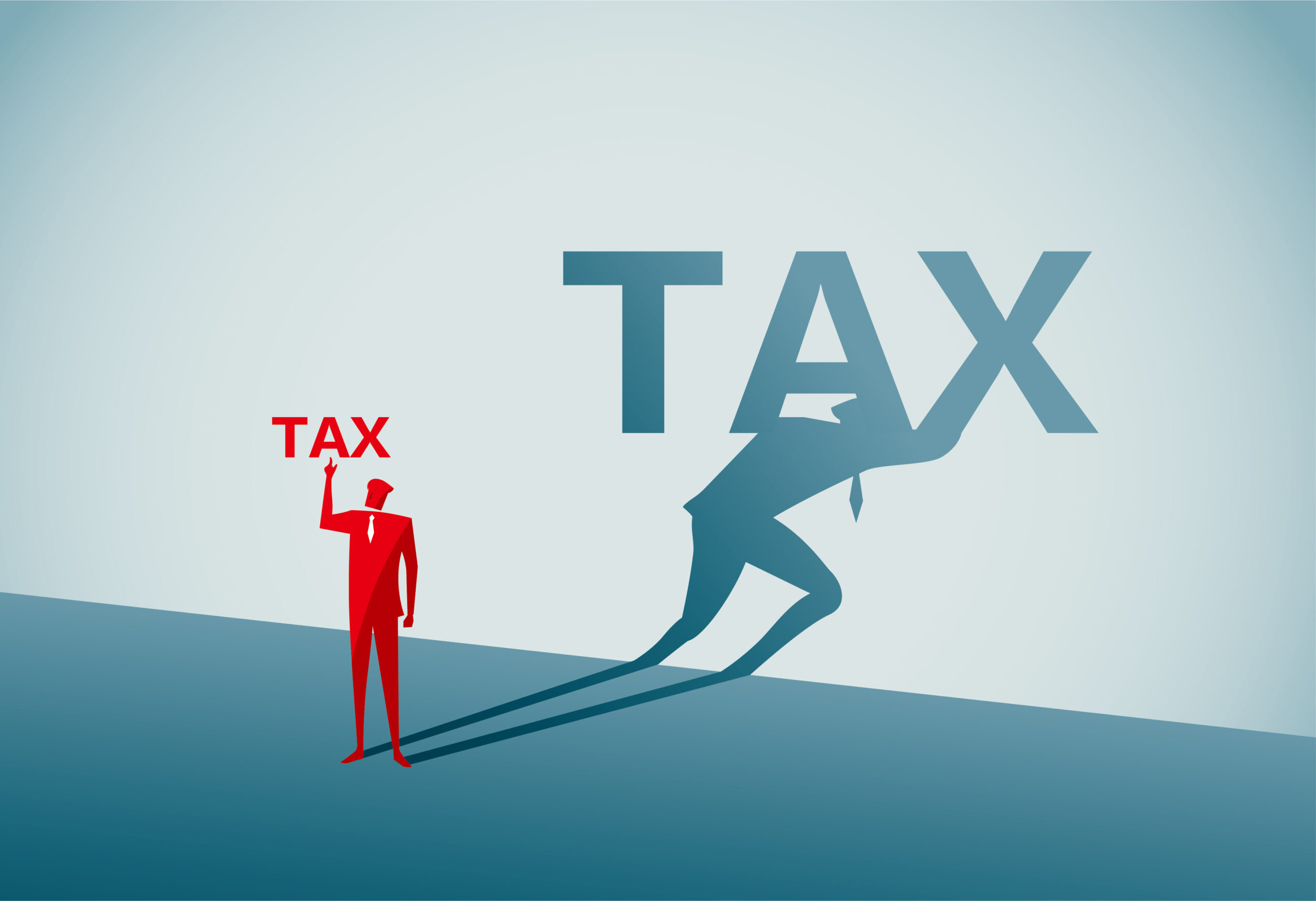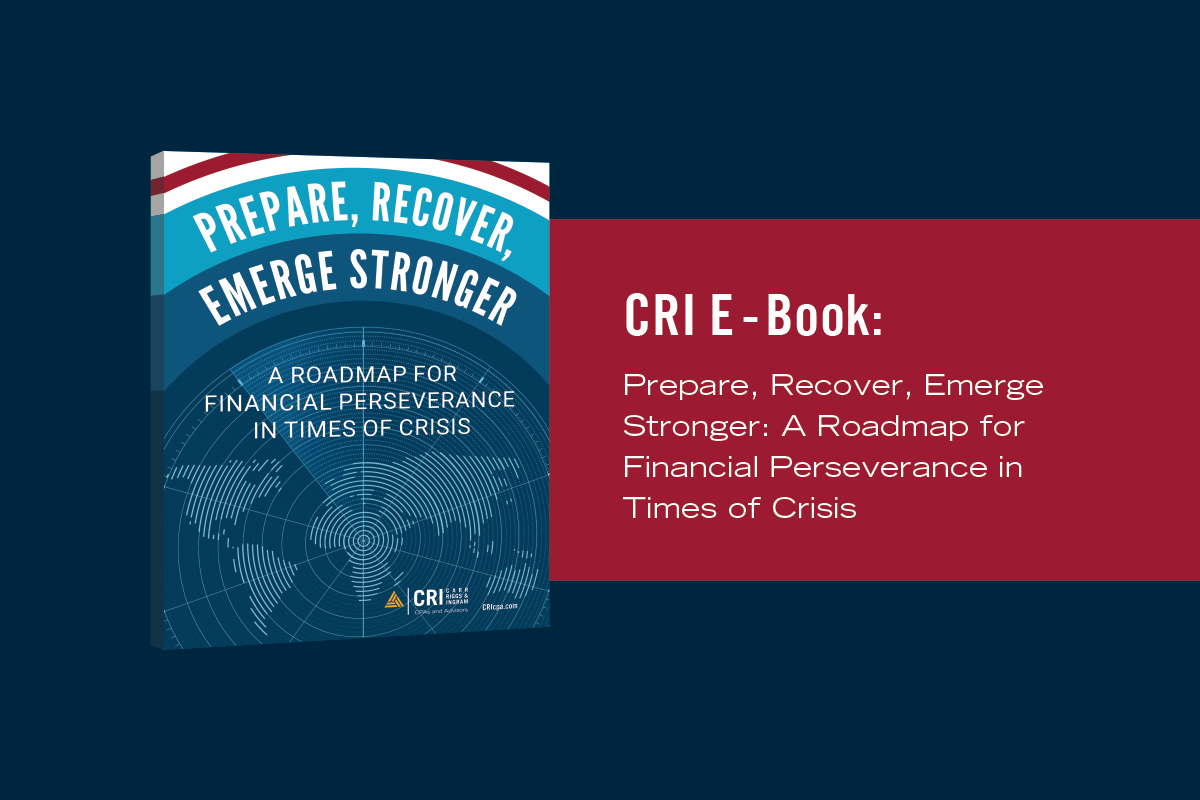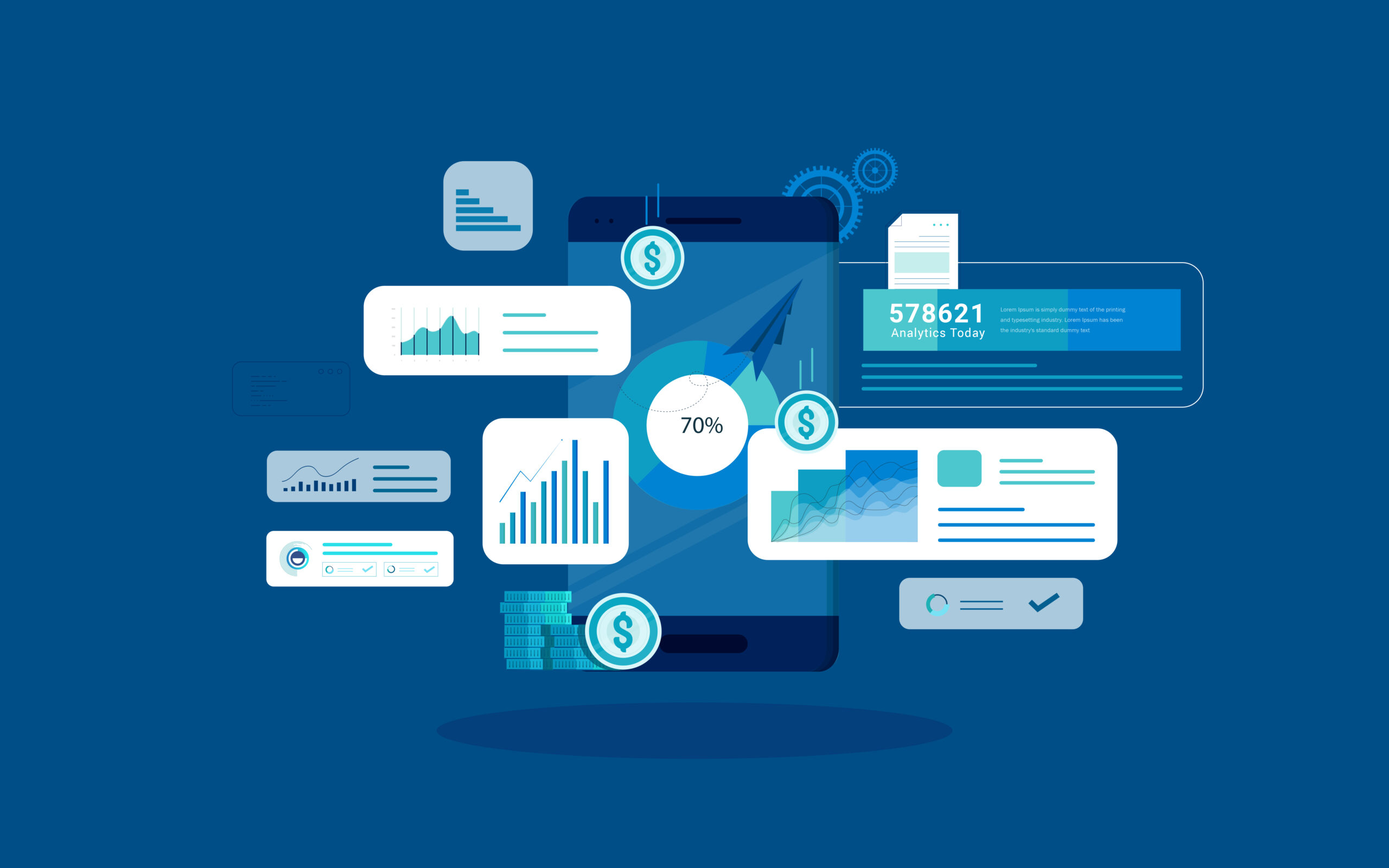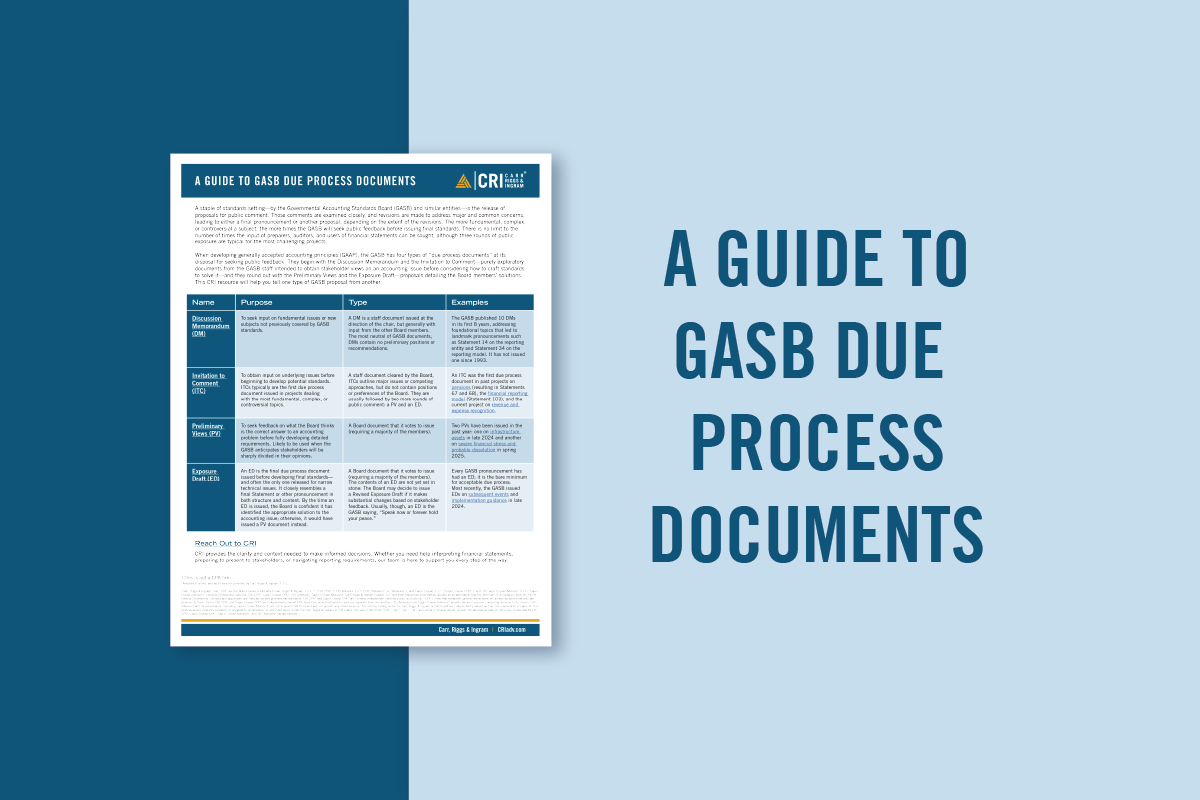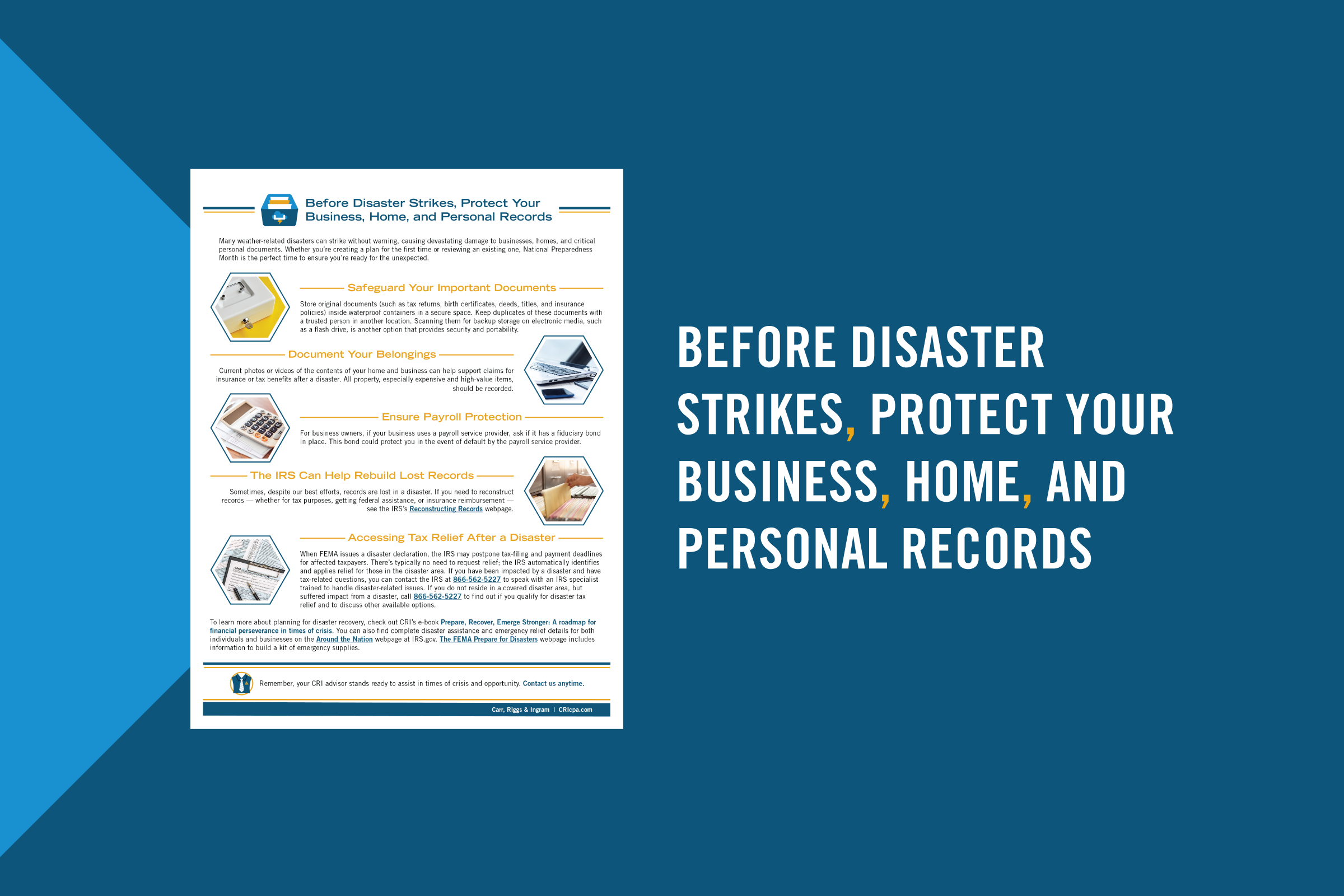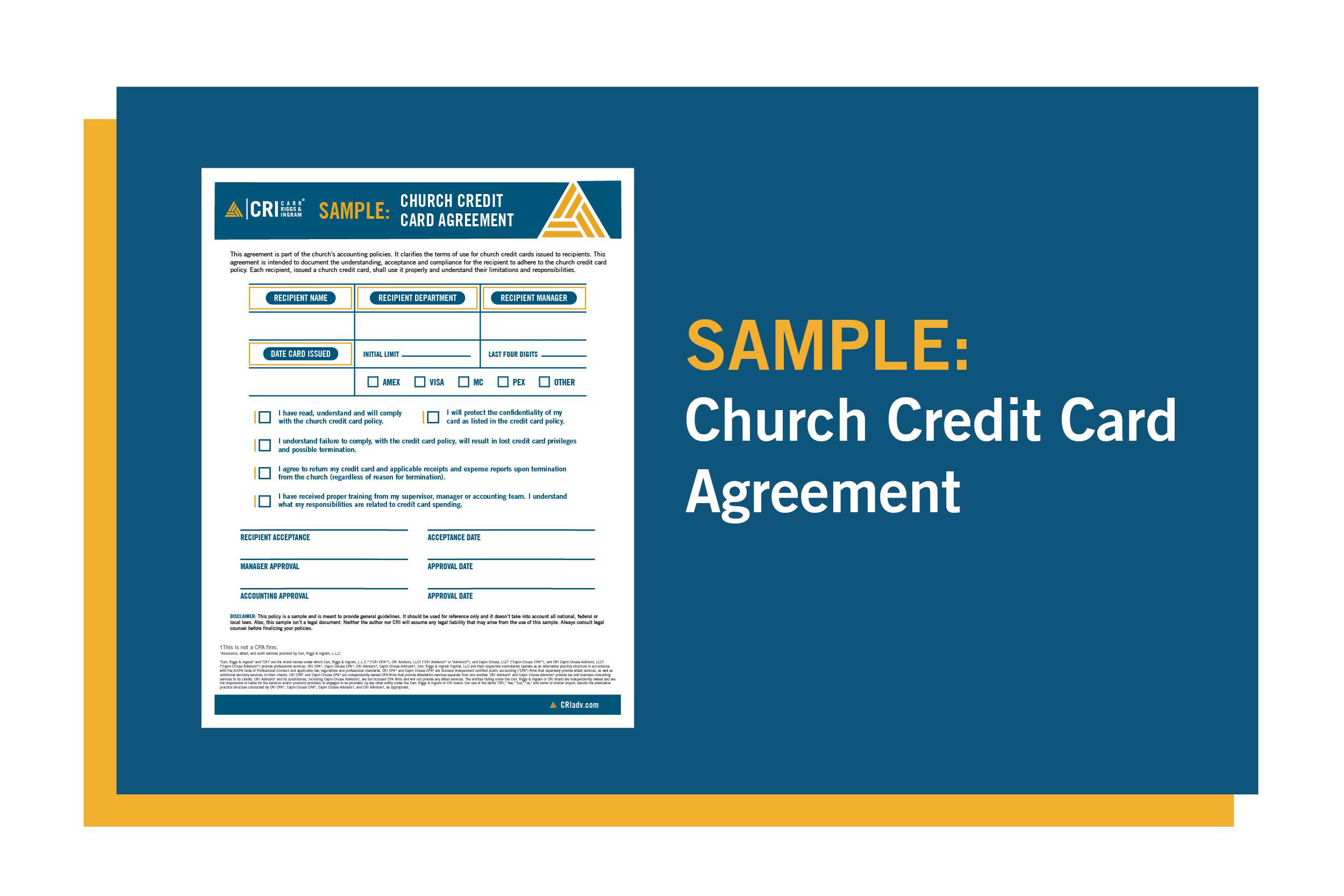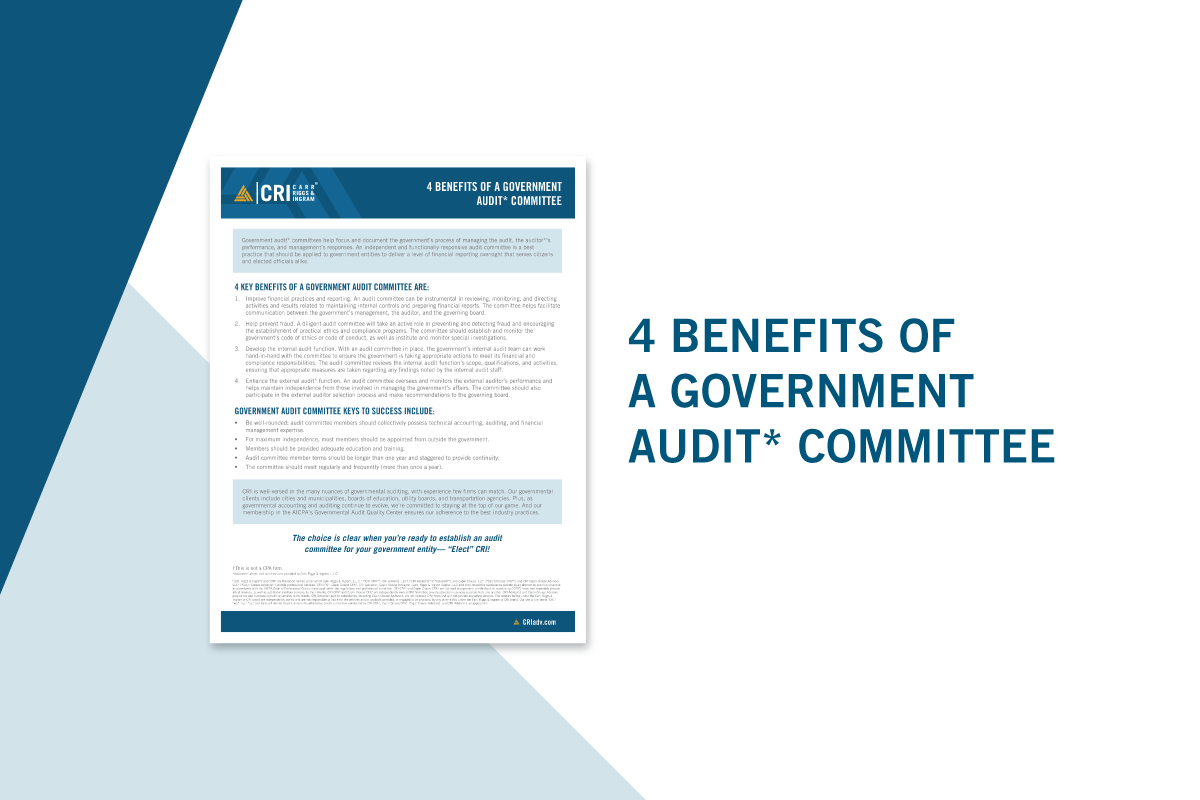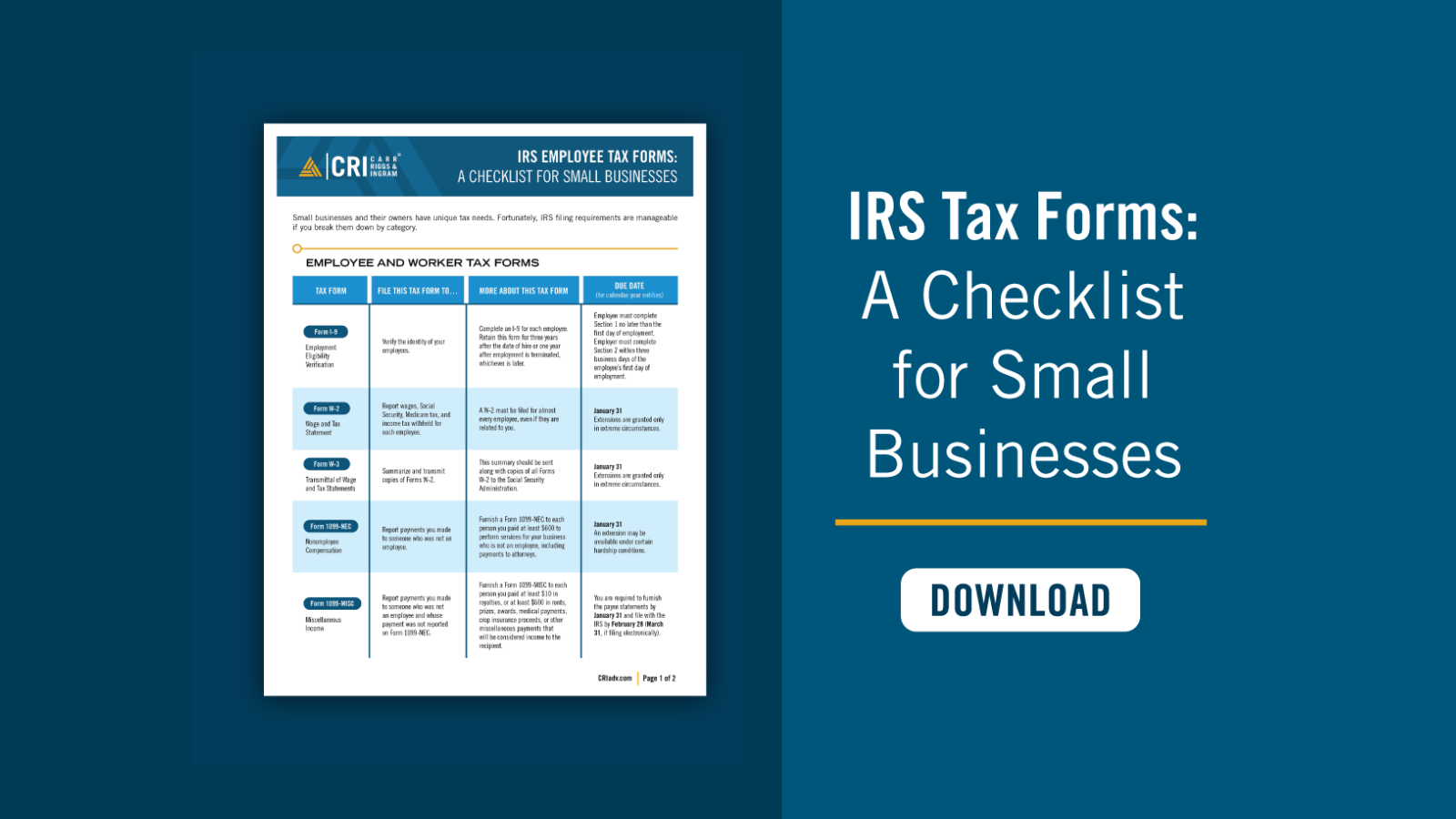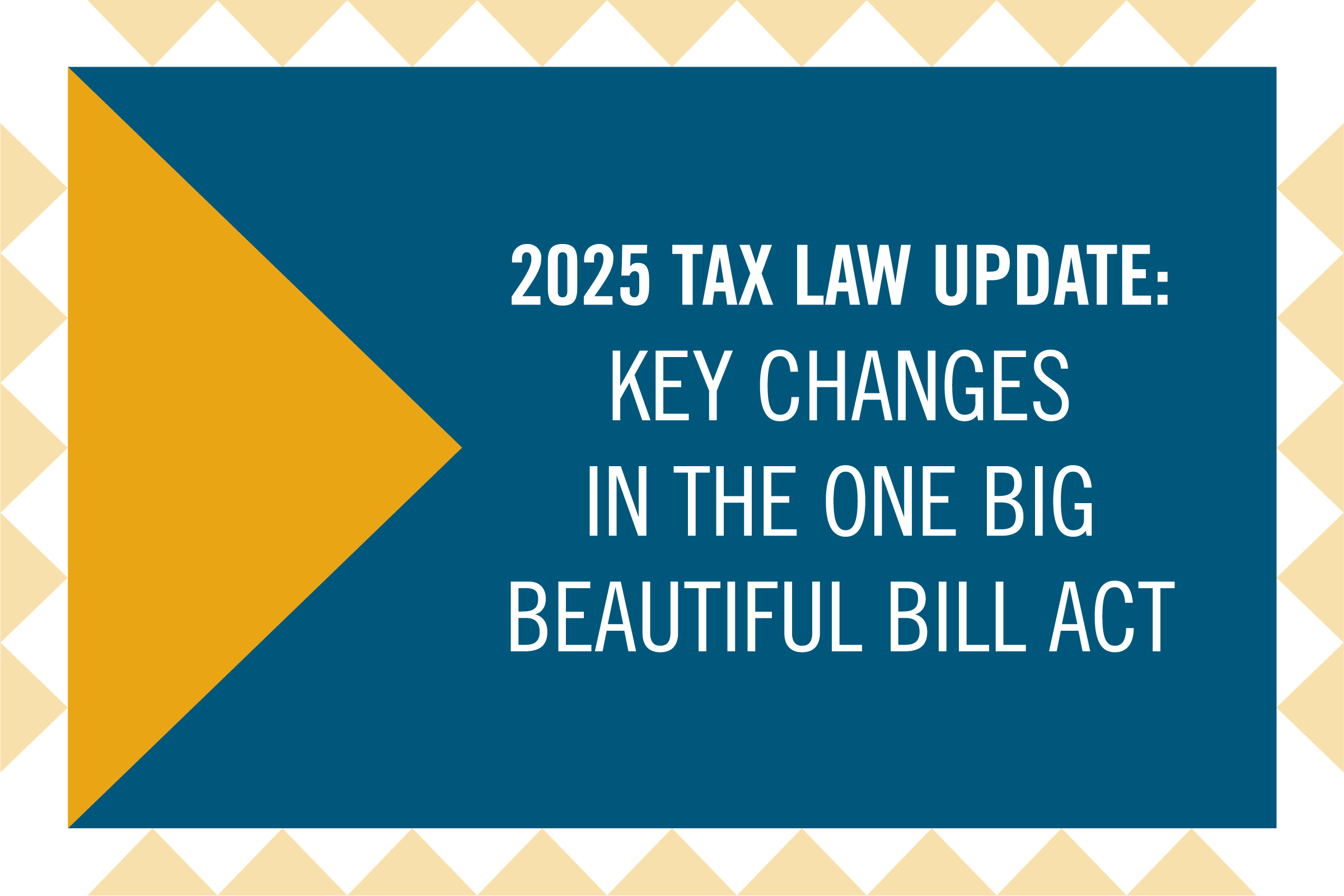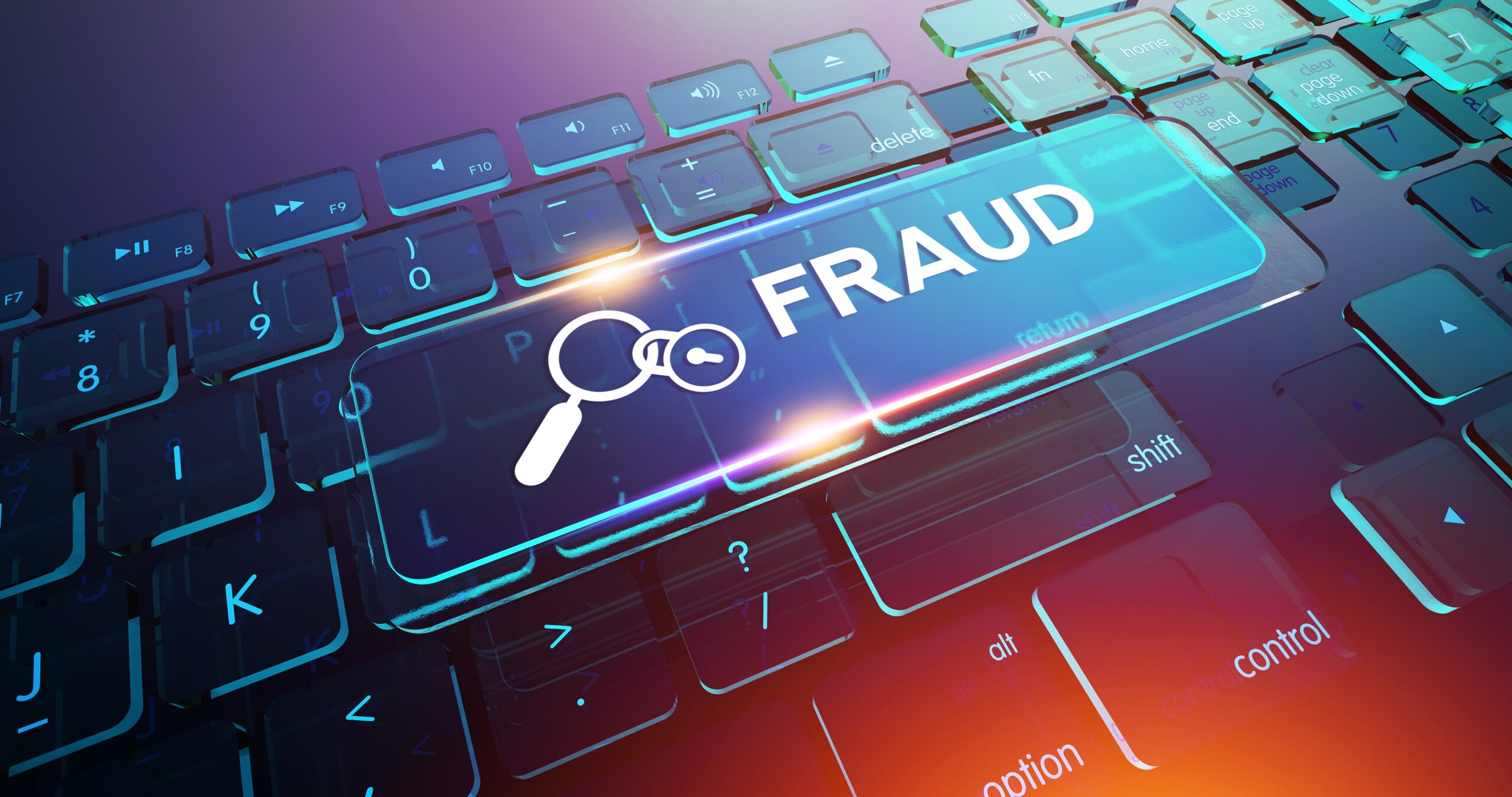What the OBBBA Means for Exempt Organizations
- Contributors
- Chris Purnell
- Debbie Alexander
Oct 29, 2025
The One Big Beautiful Bill Act (OBBBA) introduces a sweeping set of tax law changes that will significantly impact exempt organizations, higher education institutions, and individuals alike. While many provisions won’t take effect until 2026 or later, organizations that prepare now will be better positioned to adapt and capitalize on many of the new opportunities ahead.
Nonprofit Executive Compensation
Effective January 1, 2026, nonprofits will be subject to an expanded 21% excise tax on executive compensation exceeding $1 million. Previously, this tax applied only to the top five highest-compensated employees. Under the new rules, it will apply to any employee whose compensation crosses the $1 million threshold.
This expansion could have a significant impact on organizations with highly compensated staff, particularly those with pay structures that extend beyond the executive suite.
Higher Education Endowments
Private colleges and universities with at least 3,000 tuition-paying students (more than half of which are located in the U.S.) and large endowments will face a new tax rate increase effective January 1, 2026. The tax is calculated using a “student-adjusted endowment”—the endowment value divided by the number of eligible full-time equivalent students.
The calculation now also includes student loan interest and royalties from federally funded intellectual property, significantly broadening the scope of what is taxed. Institutions should carefully reassess endowment strategies under these expanded criteria.
The tax rates that will be levied against institutions’ net investment income are as follows:
| Student Adjusted Endowment Size | Tax Rate |
|---|---|
Under $500,000 | 0.0% |
$500,000 to $750,000 | 1.4% |
$750,001 to $2,000,000 | 4.0% |
$2,000,001 and up | 8.0% |
529 Education Savings Plan Expansions
The scope of 529 Education Savings Plans has expanded, offering families greater flexibility. As of July 4, 2025, qualified expenses for primary and secondary education extend beyond tuition to include curriculum, books, online materials, tutoring, exam fees (such as AP tests), and educational therapy. At the post-secondary level, funds can now be applied to credentialing programs, professional testing, continuing education, and related costs.
Looking ahead, beginning January 1, 2026, the annual cap for primary and secondary school expenditures will double from $10,000 to $20,000. These changes provide families and advisors with new opportunities to strategically use 529 accounts for everything from early education support to career development later in life.
Charitable Contribution Adjustments
Beginning January 1, 2026, the rules governing charitable giving will undergo several key changes. For the first time since the temporary pandemic-era provision, non-itemizers may claim a charitable deduction—up to $1,000 for single filers and $2,000 for married couples filing jointly—but only for cash gifts made directly to public charities. Additionally, the 60% adjusted gross income (AGI) cap on cash contributions, initially introduced under the Tax Cuts and Jobs Act, will become permanent, encouraging larger gifts from high-income taxpayers.
New deductibility “floors” will also reshape giving strategies. Individuals will only be able to deduct contributions above 0.5% of AGI, while corporations may only deduct contributions exceeding 1% of taxable income. For corporations, unused amounts can be carried forward if overall contributions surpass the existing 10% cap. Larger nonprofits may benefit from incentives for high-dollar gifts, but organizations that rely on smaller contributions should prepare to educate donors on how to maximize their giving under the new rules.
Scholarship Contribution Credits and Other Key Provisions
Beginning January 1, 2027, individuals will be eligible for a federal income tax credit of up to $1,700 for contributions to state-recognized scholarship-granting organizations. However, contributions claimed under this credit cannot also be reported as charitable deductions.
Other notable provisions include:
- Clean Energy Credits: Several credits under the Inflation Reduction Act now have revised expiration dates.
- ERC Claims: Refunds for Employee Retention Credit (ERC) claims for the third and fourth quarters of 2021 are limited to those filed by January 31, 2024, with an extended six-year IRS assessment window.
- Educational Assistance Programs: Employers may now permanently provide up to $5,250 annually in tax-free student loan repayment, indexed for inflation after 2026.
- Dependent Care FSAs: Contribution limits increase to $3,750 for individuals and $7,500 for couples, effective in 2026.
- Estate & Gift Taxes: The exemption increases to $15 million per individual ($30 million for couples) in 2026, with indexing reset to 2025.
- Wage & Contractor Reporting: Starting in 2025, W-2s must report overtime and tips. In 2026, the reporting threshold for Forms 1099-MISC and 1099-NEC increases from $600 to $2,000, with inflation indexing to take effect in 2027.
Preparing for What’s Ahead
The OBBBA brings a wide range of changes that create both opportunities and challenges for exempt organizations, higher education institutions, and donors. By acting now, organizations can update compensation strategies, adjust charitable giving approaches, and prepare for new reporting requirements before they take effect.
Understanding how these provisions apply to your unique situation is essential to avoiding surprises and positioning your organization for long-term success. Contact your CRI advisor today to discuss how these updates may affect your financial, tax, and operational strategies—and to develop a proactive plan for navigating the road ahead.





